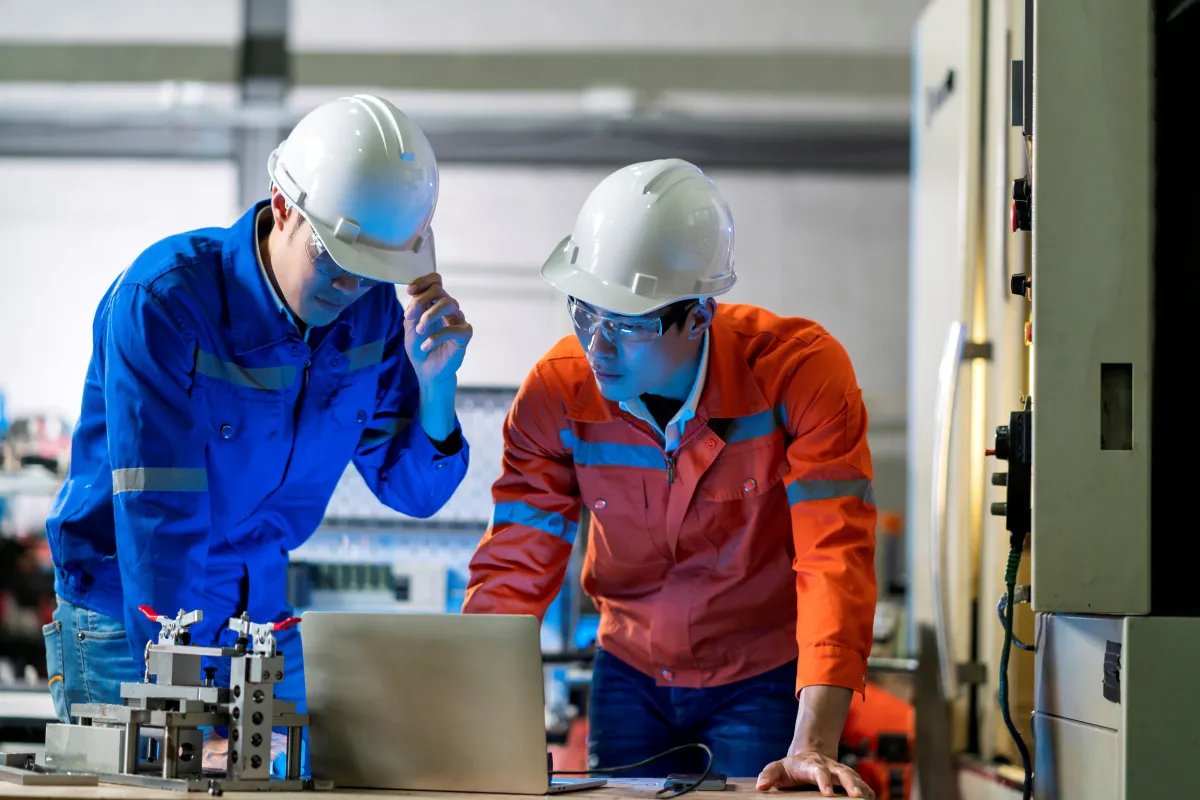
The BCG model is a new economic model used for national development by focusing on the development of three key economies: Bioeconomy, Circular Economy, and Green Economy. Thailand has always been outstanding in terms of agricultural products, but in the past, it suffered from oversupply, resulting in low prices. The government therefore aims to promote the use of agricultural products in large quantities and in a wider range of applications, such as bioenergy, bioplastics, and biochemicals. This would add value to agricultural products, use up excess production, and reduce Thailand’s imports of fuel and chemical products.
The drive for BCG development in the energy, materials and biochemical sectors consists of four aspects:
1. Developing the marketing strategies for domestic bio-based products, such as developing a marketing mechanism that takes into account the environmental cost throughout the life cycle of product, unlocking laws or barriers to market entry, accepting unlimited renewable electricity purchases, announcing a reduction of the type of oil and increase of the proportion of biofuel use.
2. Enhancing the competitiveness of bio-based products. In the upstream, focus on the improvement of production efficiency in the agricultural sector by promoting the use of innovation. In the midstream, focus on the amendment of the city planning laws and the separation of biochemical factories from chemical factories. In the downstream, focus on the development of biofuels into high-value products.
3. Accelerating the development of technological and innovation capabilities, whether in the form of “purchase,” “collaborative research,” or “self-creation.” The focus is on building an innovation ecosystem facilitating the development of products and concepts, such as funding and distribution of funds to entrepreneurs, especially SMEs, promoting research, developing and transferring technology to production, investing in quality infrastructure to set standards for materials and biochemical products developed in Thailand, and promoting personnel development in areas with shortages of personnel
4. Management for driving BCG economic development in energy, materials, and biochemicals sectors in the form of five sub-working groups:
- Carbon Pricing and Carbon Credit Working Group;
- Biofuel Study and Development Working Group;
- Working Group for the Promotion of Ethanol Production of Industrial and Pharmaceutical Grade Standards;
- Smart Grid and Energy Trading Platform Development Working Group;
- Working Group for the Biorefinery Industry Promotion and Integrated Biological Products Development Center.
